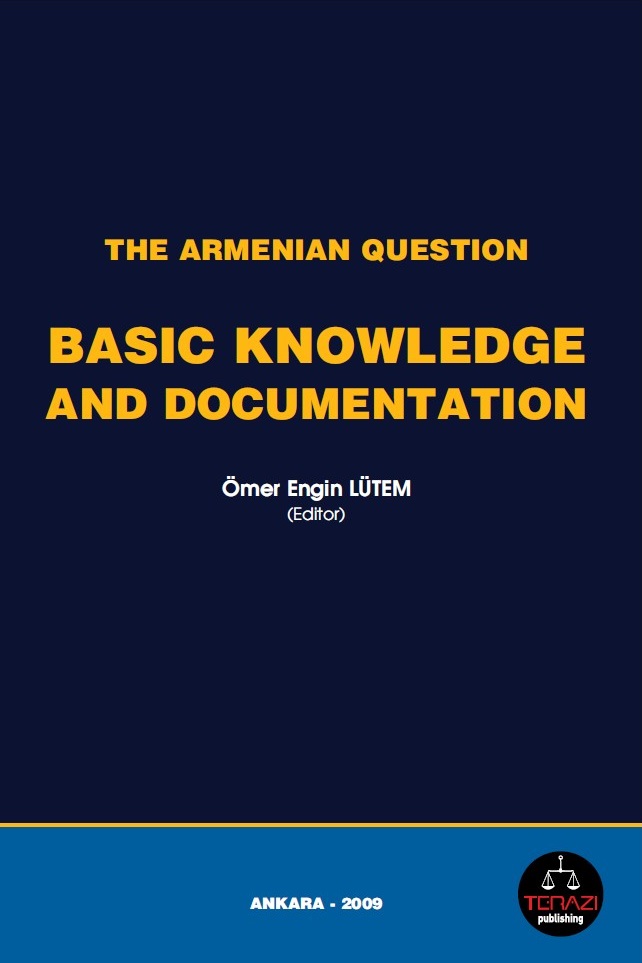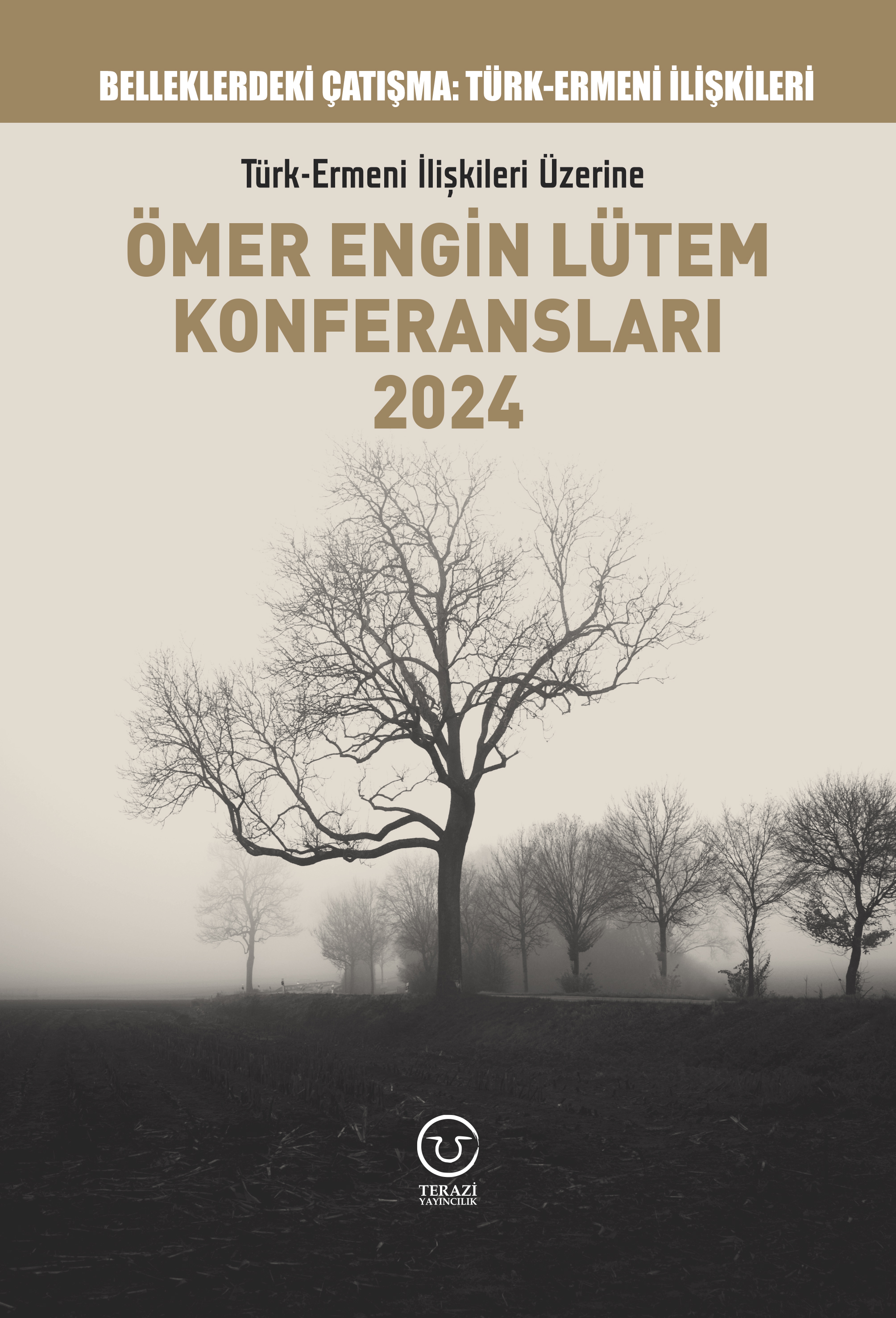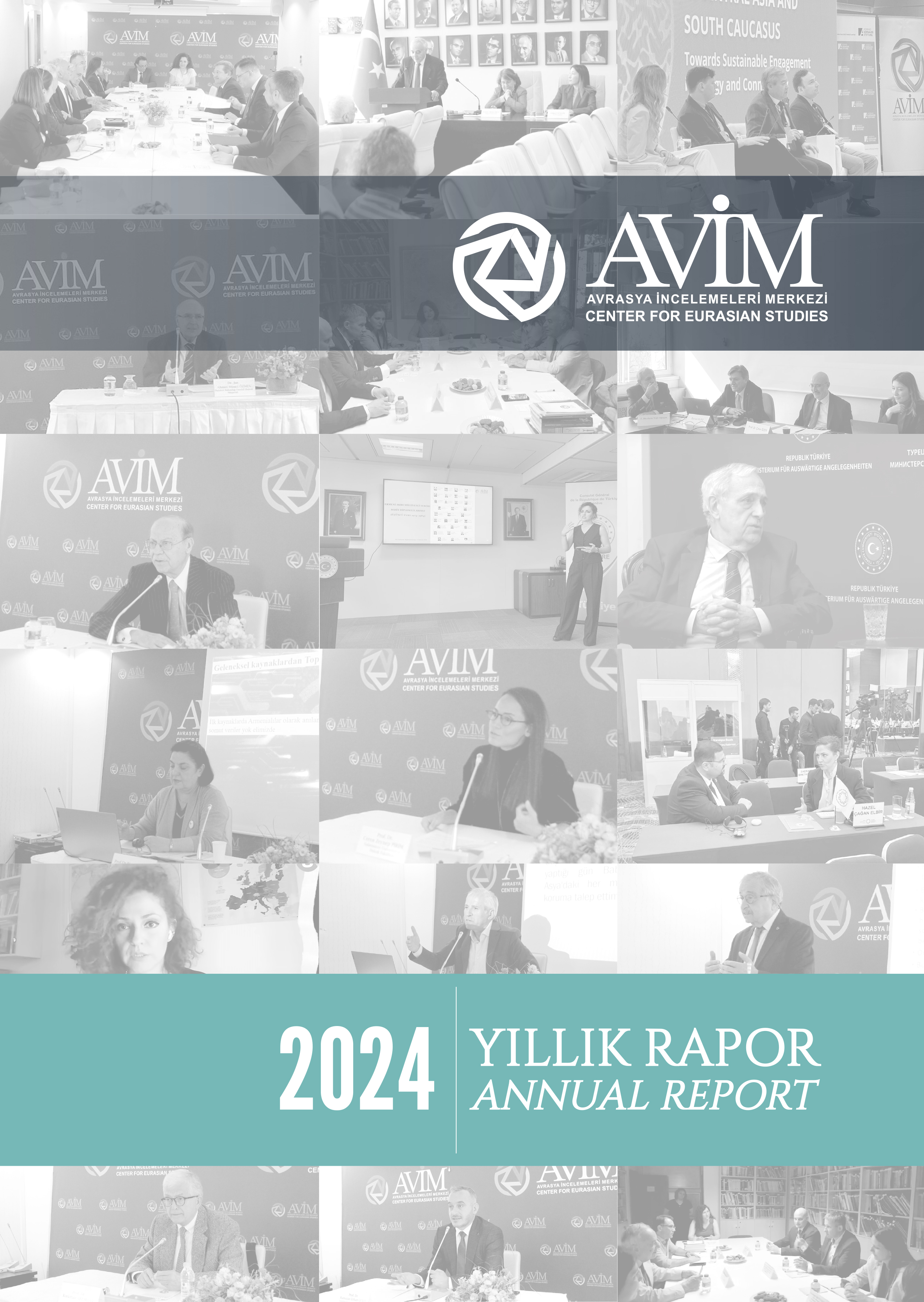This is the English translation of a Turkish language article that was originally published by AVİM on 4 July 2025.
The word “balkan”, which gives its name to the Balkan Peninsula and -above all- is a geographical designation, is of Turkish origin and means “mountain”, and the region takes its name from a mountain range whose main part is located within the borders of present-day Bulgaria. The “Balkan” term has been reconstructed in the Eurocentric mainstream social sciences literature as the “other” (autre) of Europe, and the existence of the pejorative concept of “Balkanisation” is a concrete indication of this reconstruction. A caricatured dichotomy is imagined, with Europe and civilization on one side, and the Balkans and Eastern despotism on the other. The reconfiguration of the term in this manner gives rise to a significant boundary problem regarding where the Balkans begin and end. One of the recent manifestations of this boundary issue is the ambiguous term “Western Balkans.” The “West” qualification in this polemical term, which is evidently more of a political designation than a geographical one, necessitates the existence of an “Eastern Balkans,” as it requires a constitutive external element. However, no such designation is ever encountered, which leads to the inference that Türkiye has been singularly assigned this label. It is clear that this term -coined at the negotiation tables in Brussels- serves as a political strategy aimed at excluding Türkiye, a country that is undoubtedly part of the Balkans not only geographically but also politically, historically, and culturally.
According to Michel Foucault, discourse is a power that is sought to be seized through struggle.[1] The discourse of the “Western Balkans” should also be read in this context. Geographical regions are defined in two ways: the naming of the region and the boundaries of the region. Those who hold the power to define terms largely determine the agenda as well. There is a negative evaluation of the Balkans by Europe, and while the Balkans is essentially a geographical term, it has been transformed into a political categorization. At the axis of the Balkanization-Europeanization debate lies European Union (EU) membership, and the Balkan states, through EU membership, virtually get promoted (!) from being Balkan to being European. As a concept belonging to EU terminology, the “Western Balkans” emerged in the late 1990s and has become a designation used for countries that are not members of the Union. States that are members of the Union are no longer referred to as “Balkan”, and in this regard, it is clear that the definition of Balkan countries is exclusive rather than inclusive. Türkiye thus becomes excluded twice, as it is not within the scope of the “Western Balkans.” Thus, the “Balkans” is sought to be reduced, both terminologically and conceptually, to a meaning that overlaps with the “Western Balkans.” Introduced for the first time at the European (Union) Council meeting in Vienna in 1998, this term began to gain prevalence after Bulgaria and Romania were recognized as candidate countries. The “Western Balkans” covers all the states of the region—excluding Slovenia and including Albania. By definition, the names of states are political; however, the naming and delimitation of geographical regions are expected to reflect topographical and cultural realities. In contrast, the geography of the Balkans is sought to be determined by political assessments and power struggles. Brussels’ hegemonic discourse constructs being European as the opposite of being Balkan, equating it with being an EU member/adopting EU norms. From this assumption, a logical inference would be that if all candidate countries were to be accepted into the EU, the concept of the Balkans would ipso facto disappear.[2] Since it is not possible for a geography to disappear, it becomes clear that the naming in question is -logically speaking- unrealistic.
The European Union’s, or more broadly the West’s, approach toward the Balkans is laden with frozen and negative images.[3] In this context, the expression “Western Balkans” imparts a common meaning to those Balkan states defined by the EU as being unstable or politically and economically fragile. Since the term was first used, the EU has continuously emphasized the importance of peace, security, and democratization in the region. The concept of the “Western Balkans” has not, however, undergone a positive transformation over time as a political and social construct. After Croatia became a member in 2013, it ceased to appear in the European (Union) Commission’s annual enlargement package assessing progress on reforms in the “Western Balkan” countries, as well as in the Council conclusions on EU enlargement. This narrowing of the region referred to as the “Western Balkans” is one of the indicators that the definition is political rather than geographical or historical.[4] Today, six countries remain within what has become a term of accession process: Montenegro, Bosnia and Herzegovina, Serbia, Macedonia, Albania, and Kosovo.[5] These countries, whose EU membership prospects have persisted for many years, have become confined within the term “Western Balkans” and have not yet been incorporated into the EU.
Identity is an important component of geographic space.[6] From this perspective, it should be emphasized that Balkan identity is the product of a common historical, cultural, and social process, independent of EU membership. For example, there exists a cooperation format called the Nordic-Baltic Eight (NB8). Six members of this formation (Denmark, Estonia, Finland, Latvia, Lithuania, and Sweden) are also members of the EU, while two of them (Iceland and Norway) are not. As can be seen, whether or not these countries are EU members has not prevented them from maintaining their regional identity. Based on this example, in a parallel manner, the maintenance of Balkan identity can also prevent its erosion. The discourse of the “Western Balkans” is thus an arbitrarily defined and exclusionary concept, constructed by the EU through political engineering for a particular purpose, and utilized as a strategic-geopolitical instrument in a manner detached from geographical and historical reality. Therefore, it must be taken into account that concepts in the social sciences are not always innocent, and that they can serve particular interests in a partisan manner.
*For additional information on the concept of "Western Balkans", please see AVİM's previous articles prepared by Vuslat Nur Şahin, Özge Nur Öğütcü, and Teoman Ertuğrul Tulun.
[1] Michel Foucault, L'ordre du discours: Leçon inaugurale au Collège de Francе prononcée le 2 décembre 1970 (Gallimard, 1971), 12.
[2] Pål Kolstø, “‘Western Balkans’ as the New Balkans: Regional Names as Tools for Stigmatisation and Exclusion.” Europe-Asia Studies 68, no. 7 (2016): 1245–63. http://www.jstor.org/stable/43965065.
[3] Birgül Demirtaş, “AB’nin Dönüştürücü Gücü ve Batı Balkanlar’da Demokratikleşme Süreci: Başarılanlar ve Başarılamayanlar,” Hukuki, Siyasi Ve İktisadi Yönleriyle Avrupa Bütünleşmesinde Son Gelişmeler Ve Türkiye-AB İlişkileri Ataum 30. Yıl Armağanı, 2018.
[4] Liridon Lika, “The Meaning of the Western Balkans Concept for the EU: Genuine Inclusion or Polite Exclusion?,” Journal of Southeast European & Black Sea Studies 24, no. 1 (March 1, 2024): 63–78. doi:10.1080/14683857.2023.2170204.
[6] Richard C. Stedman, "Toward a social psychology of place: Predicting behavior from place-based cognitions, attitude, and identity." Environment and Behavior 34, no. 5 (2002): 561-581. https://doi.org/10.1177/0013916502034005001
© 2009-2025 Center for Eurasian Studies (AVİM) All Rights Reserved
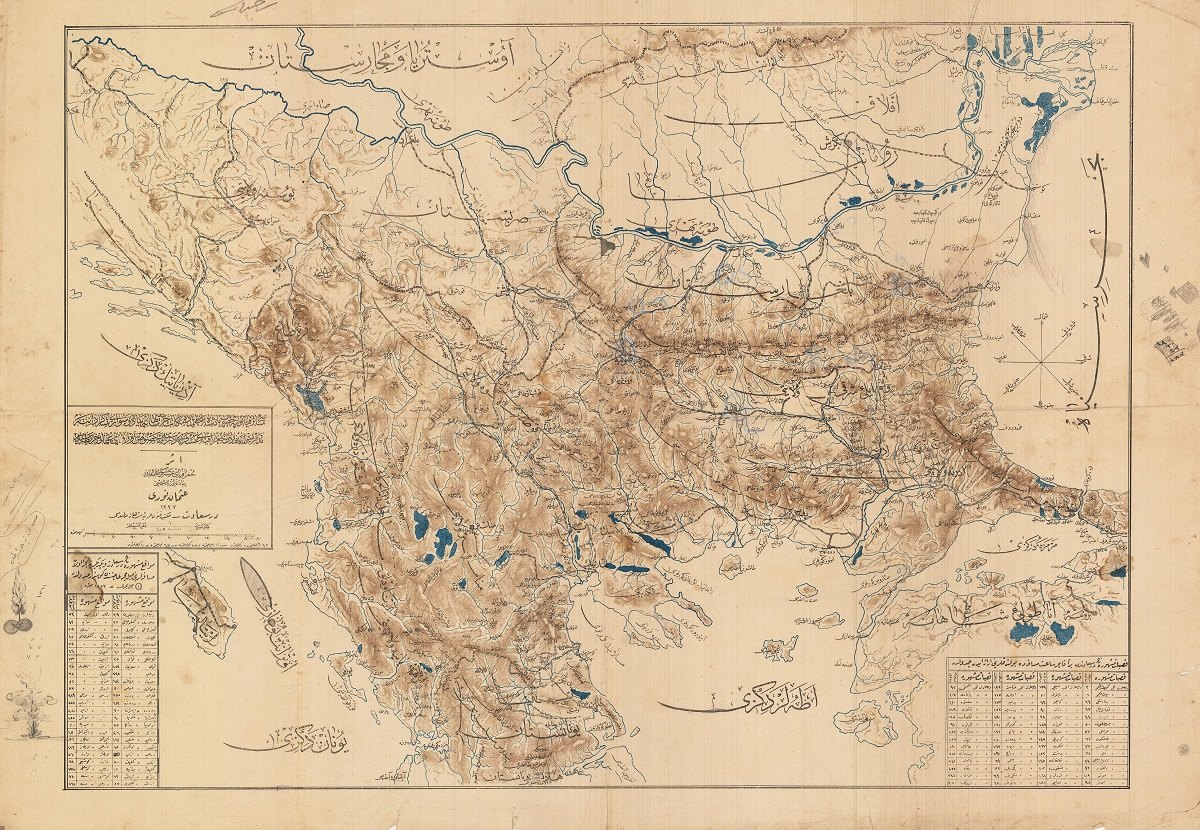
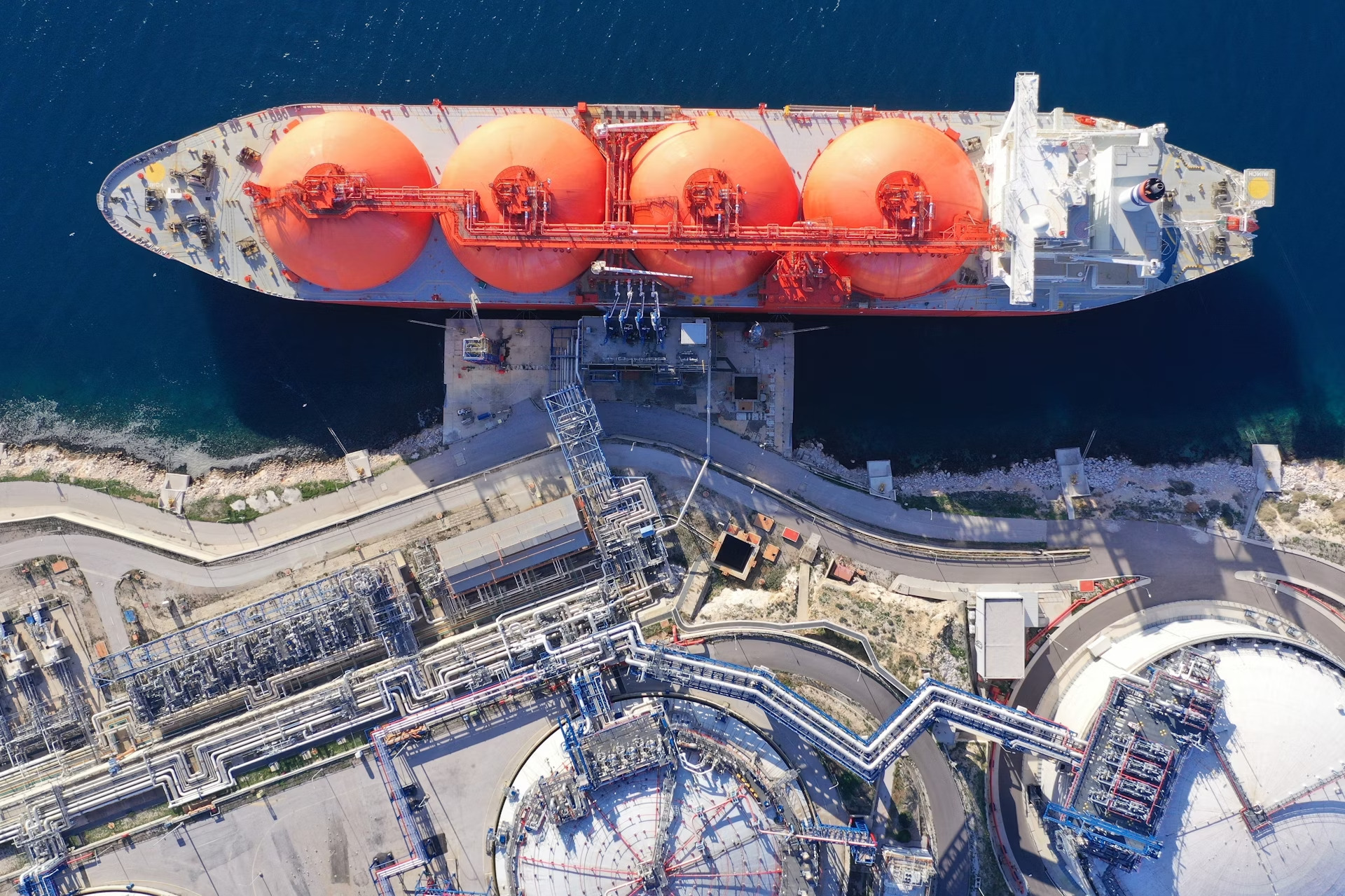 IS THE RISE IN GLOBAL LNG SUPPLY AN OPPORTUNITY FOR TÜRKİYE?
IS THE RISE IN GLOBAL LNG SUPPLY AN OPPORTUNITY FOR TÜRKİYE?
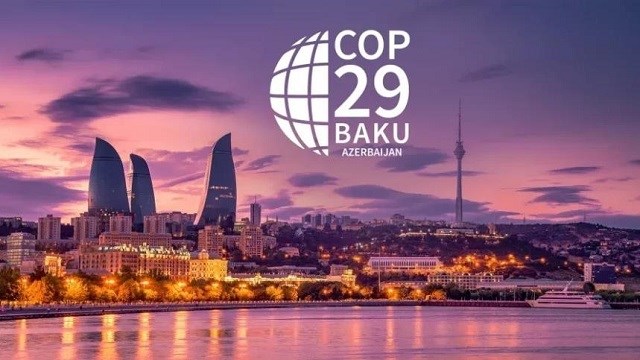 COP29 EVALUATION IN THE CONTEXT OF AZERBAIJAN - ARMENIA RELATIONS
COP29 EVALUATION IN THE CONTEXT OF AZERBAIJAN - ARMENIA RELATIONS
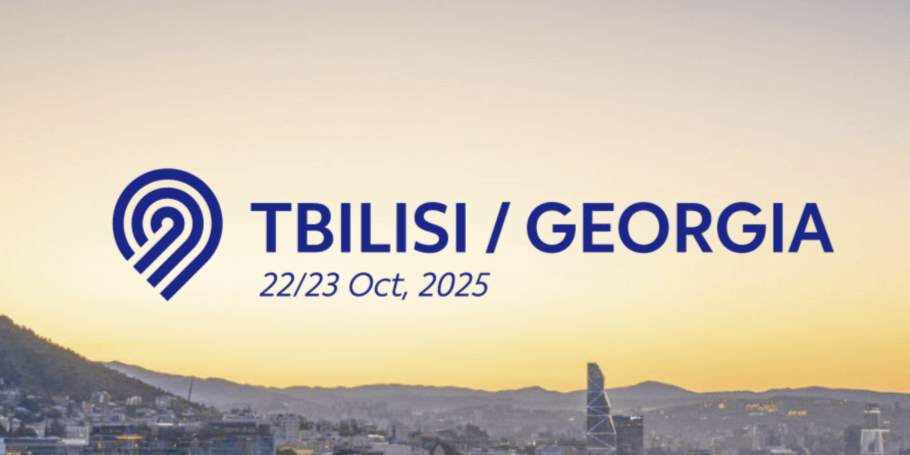 THE 5TH TBILISI SILK ROAD FORUM
THE 5TH TBILISI SILK ROAD FORUM
 A POLITICAL DISCRIMINATION: THE “WESTERN BALKANS” DISCOURSE AND THE QUESTIONING OF BALKAN IDENTITY
A POLITICAL DISCRIMINATION: THE “WESTERN BALKANS” DISCOURSE AND THE QUESTIONING OF BALKAN IDENTITY
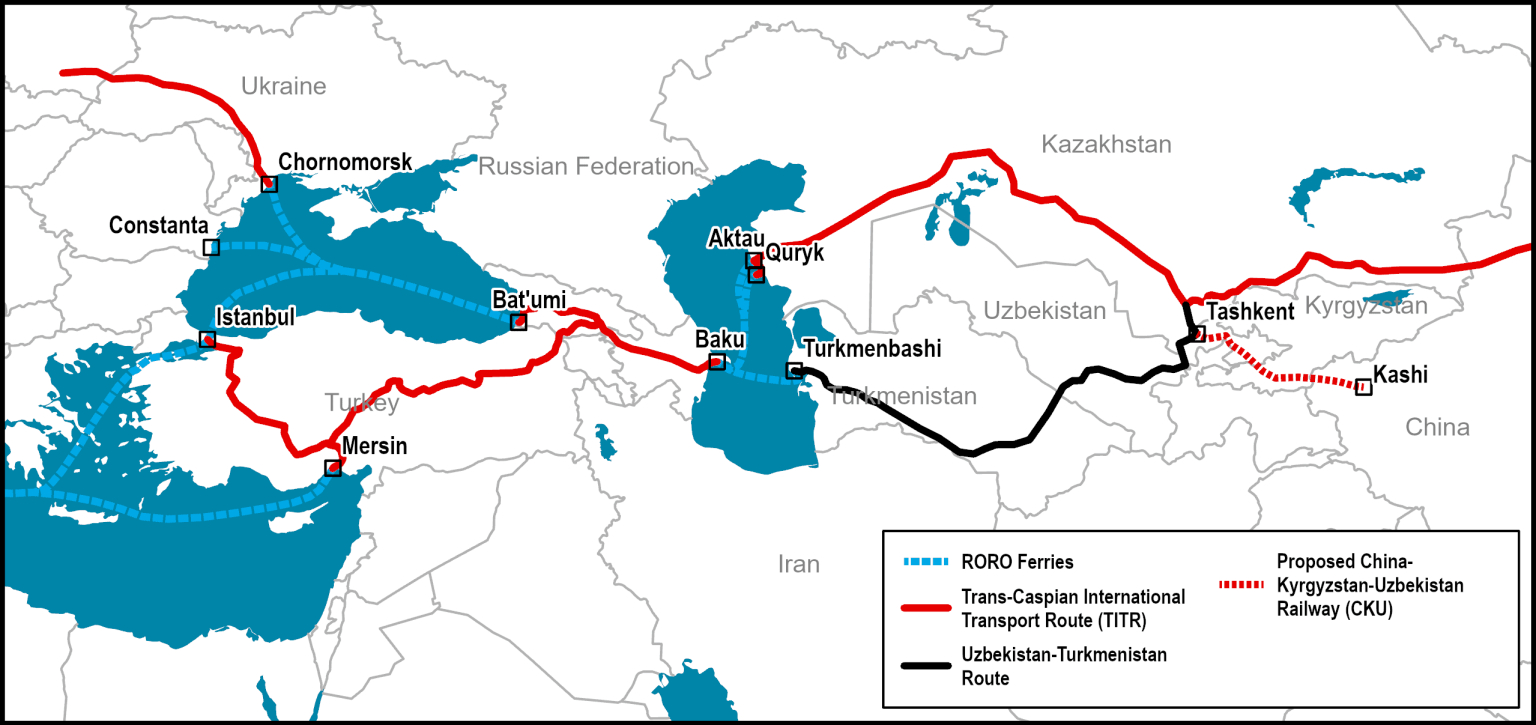 THE DEVELOPING TRANSIT ROUTES IN THE MIDDLE CORRIDOR
THE DEVELOPING TRANSIT ROUTES IN THE MIDDLE CORRIDOR
 A RUSSIAN SOLDIER’S MULTIPLE KILLINGS IN ARMENIA
A RUSSIAN SOLDIER’S MULTIPLE KILLINGS IN ARMENIA
 RUSSIA QUESTIONS 'UNUSUAL' UKRAINE ELECTION
RUSSIA QUESTIONS 'UNUSUAL' UKRAINE ELECTION
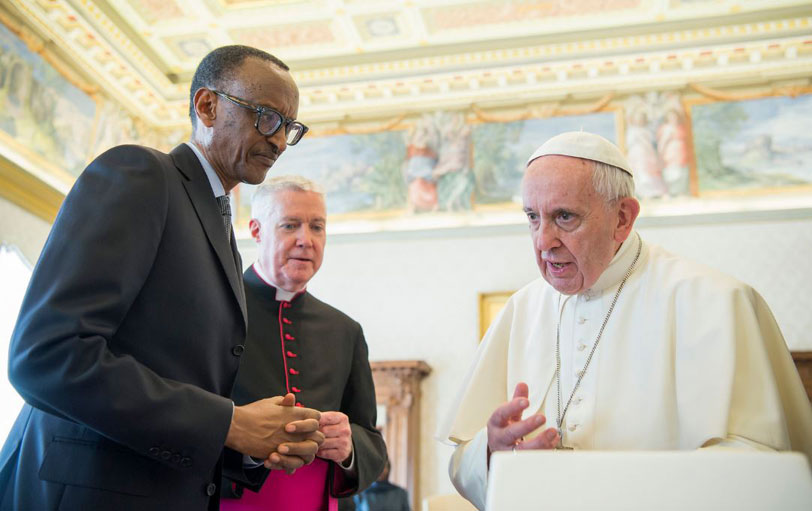 POPE FINALLY APOLOGIZES FOR CHURCH’S ROLE IN THE RWANDAN GENOCIDE
POPE FINALLY APOLOGIZES FOR CHURCH’S ROLE IN THE RWANDAN GENOCIDE
